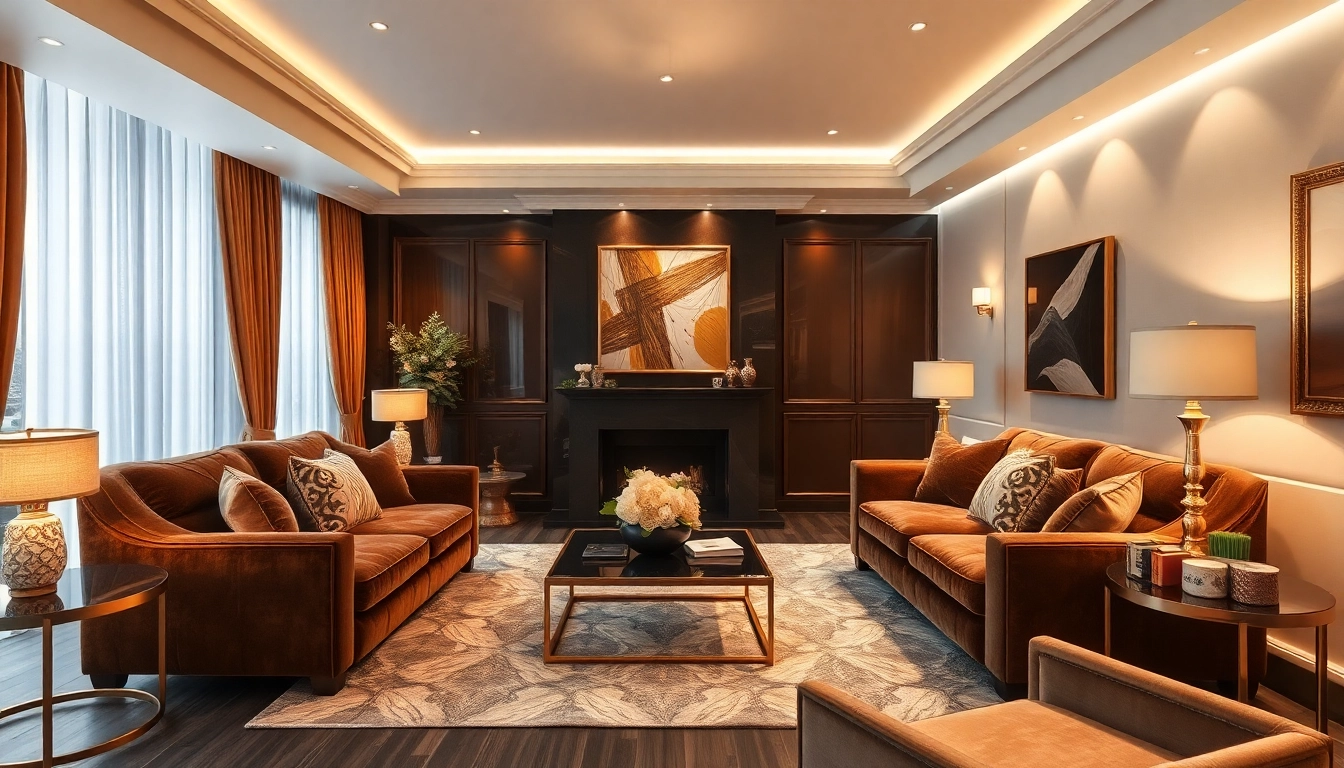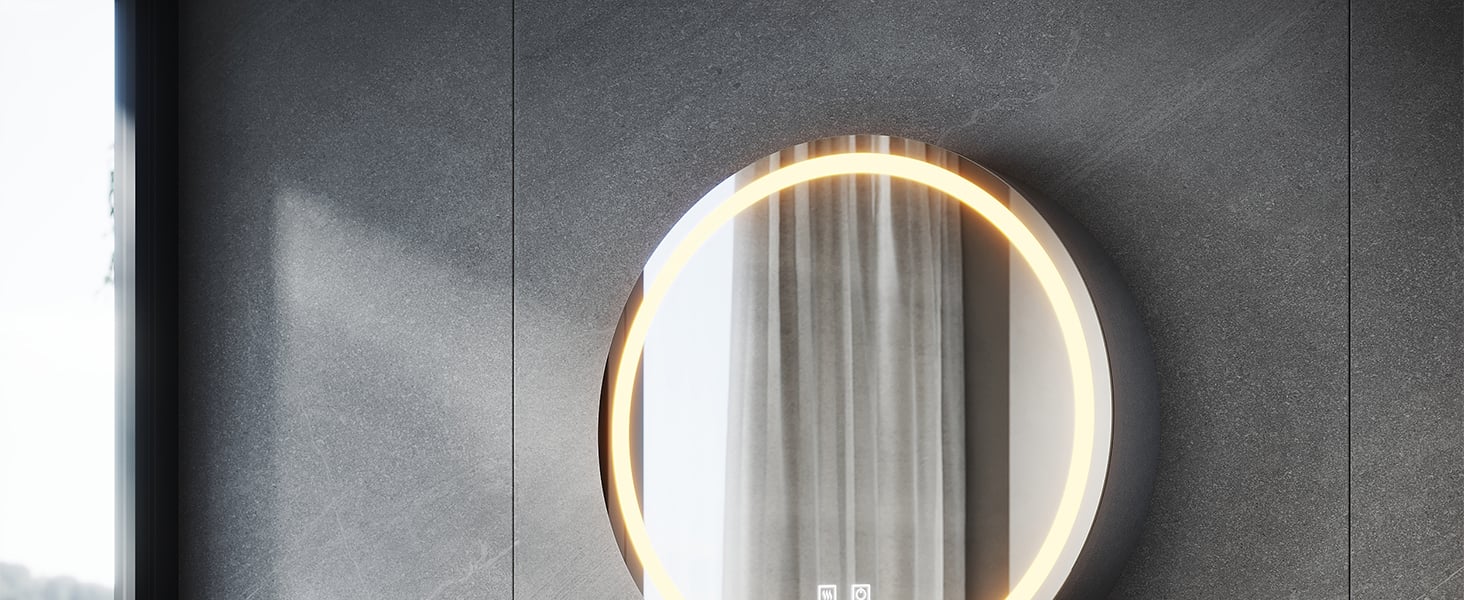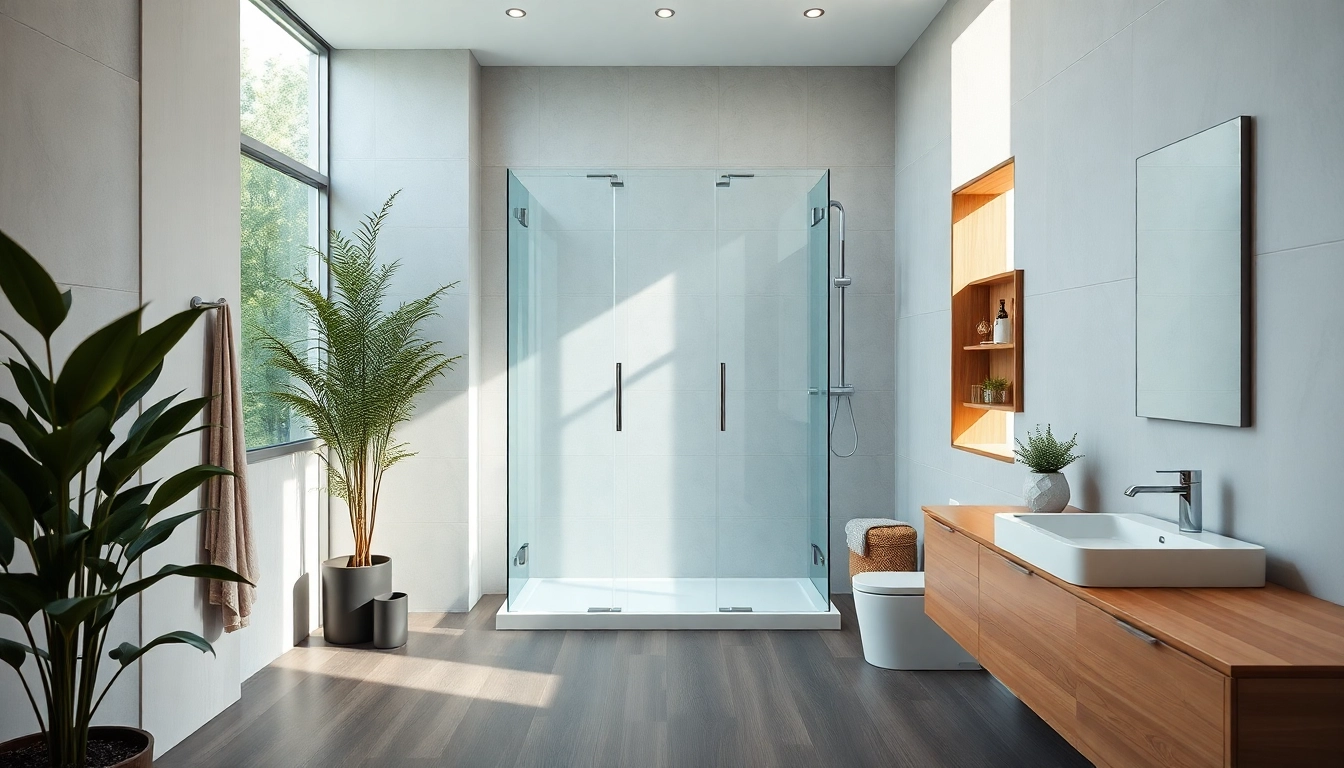What is Luxury?
The Definition of Luxury
Luxury can be described as a state of great comfort or extravagant living that provides a level of opulence beyond mere necessities. Essentially, it encompasses products, services, or experiences that offer a level of refinement and pleasure, not commonly accessible to the average consumer. The luxury market is exclusive and often associated with high quality and craftsmanship. In economic terms, luxury goods have an interesting characteristic; as incomes rise, demand for them often increases more than proportionally, meaning these goods are considered elastic in nature. For example, while basic necessities like food and clothing see a steady increase in demand as income rises, luxury items such as designer handbags or luxury cars see a much sharper increase in sales, showcasing their exclusivity and desirability.
Historical Context of Luxury
The concept of luxury has evolved significantly over time. In ancient civilizations, luxury often signified access to wealth and power. For instance, in the Roman Empire, extravagant feasts and lavish villas were indicators of social status. These luxuries were reserved for the elite, establishing a precedent for what luxury means today. The Renaissance period marked another significant transition towards luxury as art, architecture, and literature flourished, leading to an increased demand for sophisticated products.
In modern times, luxury has been democratized to some extent, with brands working to maintain exclusivity while making certain products more accessible to a wider audience. However, even within this accessibility, luxury remains tightly intertwined with identity and societal constructs, serving as a barometer for wealth and success across different cultures.
Luxury vs. Necessity
The dichotomy between luxury and necessity is pivotal when discussing consumer behavior. Necessities are essential for survival, including items like food, clothing, and shelter, while luxury items enhance quality of life and personal satisfaction. However, as consumer culture has transformed, consumers increasingly seek to integrate luxury into their everyday lives, blurring the lines between the two categories. For example, many individuals may not view a luxury car merely as a vehicle; rather, they see it as a symbol of status and achievement.
This shift speaks volumes about society’s evolving values and what it seeks to convey about individual identity through consumption. The challenge for brands is to maintain this perception of luxury while ensuring they still cater to essential needs.
Types of Luxury Goods
Fashion and Accessories
Luxury fashion encompasses a wide array of items, including haute couture clothing, designer handbags, and high-end footwear. Noteworthy brands like Chanel, Louis Vuitton, and Gucci exemplify the pinnacle of luxury fashion. These brands not only offer products but also encapsulate a lifestyle and status symbol. The allure of these products lies in their craftsmanship, attention to detail, and the prestige of the brand name.
Moreover, luxury fashion is often characterized by limited availability, which enhances desirability. For instance, limited edition releases can create a sense of urgency among consumers who wish to associate themselves with exclusivity.
Luxury Vehicles
Luxury vehicles represent a significant category within the luxury goods market. Brands like Rolls-Royce, Bentley, and Ferrari not only signify high-quality engineering but also offer an unparalleled level of comfort and prestige. The appeal of luxury vehicles can be attributed to their sophisticated designs, advanced technology, and personalized options that cater to the specific desires of affluent consumers.
Luxury car buyers often focus on the experience of ownership, including the status it conveys and the lifestyle it enables. This demographic values bespoke features, such as custom interiors and unique color options, which enhance the ownership experience and reinforce the notion of luxury.
High-End Real Estate
The real estate sector has also seen a rise in luxury offerings, with properties located in exclusive areas commanding premium prices. High-end real estate is often characterized by its architectural uniqueness, premium locations, and high-quality amenities. Properties that offer spectacular views, expansive living spaces, and state-of-the-art home technologies fit squarely within this category.
Luxury real estate is further distinguished by its buyer demographic, often comprised of affluent individuals who seek not only a place to live but a lifestyle that aligns with their identity. Marketing such properties often involves highlighting unique features that resonate with potential buyers’ aspirations for a luxurious lifestyle.
The Psychology behind Luxury Consumption
Why People Buy Luxury
The motivation behind luxury consumption can be complex and multi-faceted. For many, purchasing luxury items serves various psychological needs, including self-enhancement, social recognition, and emotional satisfaction. The pleasure derived from owning something luxurious often relates to the fulfillment of personal desires and societal expectations.
Additionally, luxury consumption can provide a pathway for individuals to express their identity and reinforce their sense of belonging within social circles. Moreover, the act of purchasing luxury items can also stem from a desire for status, with consumers believing that luxury purchases elevate their social standing and enhance self-worth.
Luxury as a Status Symbol
Luxury items are frequently viewed as status symbols. The conspicuous consumption of luxury goods allows consumers to project a certain image or lifestyle that aligns with the ideals and aesthetics of the upper echelons of society. Societal norms often dictate that higher-quality, high-profile brands are indicative of wealth and success.
This connection between luxury goods and status can be seen in various social contexts, where individuals may judge others based on their possessions. As a result, luxury brands are well aware of this perception and frequently use high-profile endorsements and lavish marketing campaigns to reinforce the status associated with their products.
The Role of Marketing in Luxury Branding
Marketing plays a critical role in establishing and maintaining the brand identity of luxury goods. Luxury brands utilize sophisticated marketing techniques that resonate with affluent consumers, often emphasizing exclusivity, craftsmanship, and heritage. Effective messaging focuses on creating an emotional connection with consumers, often through storytelling that invokes aspirations and desires.
Furthermore, digital marketing has become increasingly significant in promoting luxury brands. Social media platforms allow luxury brands to reach a broader audience while maintaining exclusivity by employing strategic influencer partnerships. The marketing landscape has transformed to reflect a more personalized approach, highlighting the importance of direct engagement with potential customers.
Experiencing Luxury
Luxury Travel Destinations
Travel is often a fundamental element of the luxury lifestyle. Destination resorts such as the Maldives, the French Riviera, or private islands exemplify luxury travel experiences. Immersive travel experiences that offer exclusive access to unique cultural and natural settings appeal to affluent consumers seeking leisure that goes beyond the ordinary.
Luxury travel is characterized by premium accommodations, personalized services, and a focus on curated experiences—be it private yacht charters, personal chefs, or exclusive guided tours. The overarching theme remains one of indulgence and exclusivity, where travelers enjoy heightened levels of comfort and service.
Fine Dining Experiences
Dining is an essential aspect of luxury living, with high-end restaurants creating memorable experiences that go beyond mere sustenance. Michelin-starred establishments are celebrated for their exquisite cuisine and ambiance, where guests enjoy meticulous service and a refined dining environment. The artistry involved in preparing and presenting dishes contributes to the experience of luxury dining.
Moreover, fine dining establishments frequently offer bespoke menu options, paired wine selections, and personalized dining experiences that can transform an ordinary meal into an extraordinary event. The integration of local ingredients and culinary traditions can further enhance the dining experience, allowing patrons to enjoy both luxury and authenticity.
Exclusive Events and Services
Exclusive events, ranging from private viewings of art exhibitions to bespoke parties, provide opportunities for affluent individuals to socialize in luxurious environments. Such events cultivate a sense of community among guests and reflect a standard of living that aligns with luxury branding.
Additionally, personal concierge services exemplify the notion of exclusivity, allowing individuals to access customized experiences that cater specifically to their desires. These services can range from securing hard-to-get reservations to facilitating personal shopping experiences, reinforcing the notion of luxury as a tailored experience.
Future Trends in Luxury
Eco-Friendly Luxury Innovations
As global awareness of sustainability issues continues to rise, the luxury market is also evolving. Eco-friendly innovations are transforming the way consumers perceive luxury, with an increasing focus on ethical sourcing and sustainable practices. Luxury brands are responding by creating environmentally-friendly products that align with the values of their consumers.
For instance, rainwater harvesting in the construction of luxury homes, sustainable fashion lines utilizing organic materials, and zero-waste culinary practices in high-end dining are all examples of this shift. This evolution allows consumers to indulge in luxury without sacrificing their ethical beliefs.
The Impact of Digital Technology on Luxury
The digital revolution has reshaped the luxury landscape, influencing how luxury goods are marketed and consumed. E-commerce has made luxury products more accessible while simultaneously creating an atmosphere of exclusivity. Brands are using digital platforms more strategically to reach their target demographics while leveraging big data to personalize consumer experiences and marketing strategies.
Additionally, advancements in technology have led luxury brands to explore innovative approaches such as augmented reality (AR) and virtual reality (VR), enhancing consumer interaction with products and blending the physical retail experience with digital conveniences.
Sustainability in Luxury Brands
Sustainability is becoming a key pillar for luxury brands, where consumers are looking for companies that emphasize responsible practices. The shift towards sustainable luxury is evident through transparency in the supply chain, commitment to fair labor practices, and innovation in sustainable materials.
Brands are increasingly aware that consumers prioritize corporate responsibility and are adapting their practices accordingly. Initiatives such as recycling programs, the use of biodegradable packaging, and partnerships with environmental organizations reflect this growing commitment to sustainability while still maintaining luxury aesthetics and quality.




